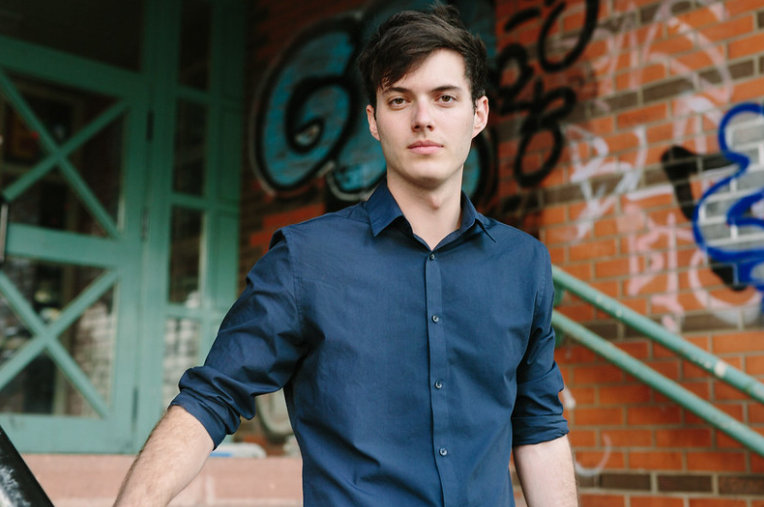The present moment easily captivates human thought. We are so deeply immersed in our history, culture and experiences that it is hard to realize how much they color our perception. The lenses through which we view the world are incredibly thick.
Take, for instance, the “conventional” picture of a young political dissident. If you are at least 50 years old, your idea of a 20-something political activist is likely a liberal, anti-authoritarian, progressive, free-loving, dope-smoking, fly-attracting, long-haired hippie.
At any age even, it’s difficult to imagine any other kind. That’s just how the youth are, we are told. Young people are questioning, experimental, contrarian, and rebellious, so they balk at the rigidity of a conservative world.
But what happens when the rebellious youth of the 1960s and 1970s become the establishment? Their ideas about sexuality, politics, and society are today’s orthodoxy. The ideologues who saw themselves as underdog advocates of social change now find themselves at the top.
America’s leftist conquerors face the problem of perpetuating their philosophy and may soon find that teenage and young adult sentiment is not always on their side as a matter of course.
Yes, young people are more open, curious, accepting, questioning, and whatever other epithets we’re labeled with. However, those characteristics do not lend themselves to a particular political ideology. They do make us more willing to reject the status quo and entertain marginal ideas – which today may include “traditional” values, Christianity, and real “small-c” conservatism, not the watered-down libertarian-lite pushed by the GOP.
When you turn on the news and watch thousands of students marching in the streets, you see the establishment – or at least controlled dissent. You may think they are dissidents – they may even think they are dissidents – but at the end of the day, they reinforce the status quo.
Today’s real dissident political thought, the kind of “dangerous” and “subversive” philosophy that will get you fired, is still driven by America’s young adults. It exists almost entirely online, and very few outside the demographic — mostly boys in their teens and 20s — know about it. As it’s been said, “the revolution will not be televised.”
I find it hilarious that my generation may mature to become more “traditional,” “conservative,” religious, and “regressive” than even my great-grandparents’ generation – but that’s what I’ve seen online.
In 60 years, there might be a coming-of-age movie about a rebellious teen who feels misunderstood because his parents won’t let him cut his hair or go to church.
The bottom line is that youth culture will always be counter-cultural and rebellious, but how that manifests depends on what the establishment is. I’ve written before about how humanity’s cultural pendulum swings back and forth, and every day, that belief grows stronger. Everything, from clothes to media to politics, is a fad.
Unlike Eastern cultures, which think cyclically, Western thought is linear, likely influenced by Christianity’s definitive eschatology. We believe in true beginnings and endings, in ultimate, eternal victories.
However, I’ve begun to subscribe to the cyclical view, at least temporally, not eternally. This idea makes conservatives uncomfortable as they resist change and question its inevitability. Progressives are also distressed because a cyclical world means there is no such thing as progress.
I’m excited to see what the future holds; there ain’t no telling what will come next. Karl Marx and Magnus Hirschfeld may be out of style in the next few decades but don’t throw out your copy of “Das Kapital.” Just like skinny jeans and Arnold Schwarzenegger, they’ll be back.
Nick Treglia is a first-year law student.
The views and opinions expressed here are those of the author and do not necessarily reflect the policy or position of 1819 News. To comment, please send an email with your name and contact information to Commentary@1819news.com.
Don’t miss out! Subscribe to our newsletter and get our top stories every weekday morning.










